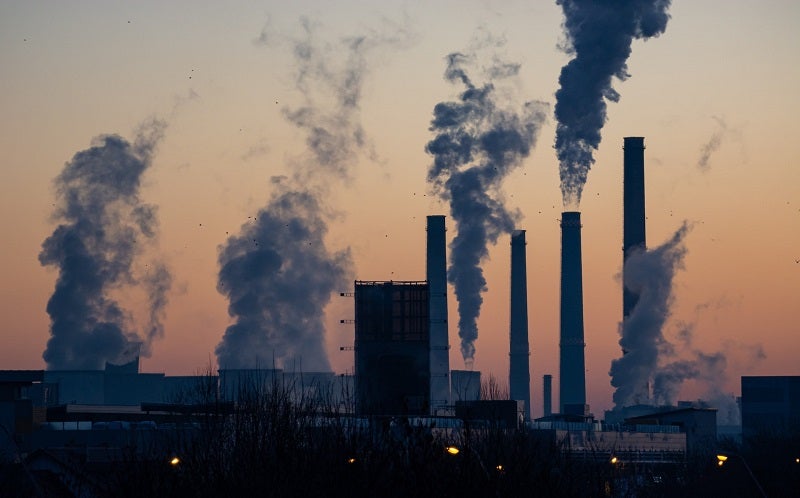The Dutch Government will pay German energy company RWE €331.8m ($355m) in compensation to offset lost income from 2022–24 when the government imposed a cap on coal production restricting the company to 35% of its capacity.
Dutch Energy Minister Rob Jetten said in a letter to parliament that the overall compensation for the three companies operating coal plants in the Netherlands – RWE, Uniper and Onyx – would be far less than the €1.9bn they demanded.
In 2016, the Dutch Government voted to cut CO₂ emissions by 55% by 2030. This was supposed to involve closing five remaining coal-fired power plants in the Netherlands that came online in 2015 and were blamed for a 5% rise in the country’s emissions. In December 2021, the country imposed a cap on coal production between January 2022 and December 2024, and planned to phase out coal-fired power generation entirely by 2030.
However, in June 2022, the Dutch Government lifted the restriction for coal-fired power plants to save around two billion cubic metres of gas for filling storage facilities. This was mainly motivated by the need to reduce reliance on Russian gas following its invasion of Ukraine in February 2022.
The government is, therefore, paying RWE the compensation to cover lost funds from the period when the production cap was in place. In November 2022, a court rejected pleas from RWE for compensation for the government’s decision to outlaw coal-fired power stations in 2030.
RWE owns two of the remaining four coal-fired energy plants in the Netherlands. In 2020, coal power capacity in the country stood at 3.31GW, which is expected to decline to 3.18GW in 2025.
The country also wants to phase out nuclear power by 2033. It is unclear how energy security will be secured following the phase-out of two of the country’s major power-generating sources.









